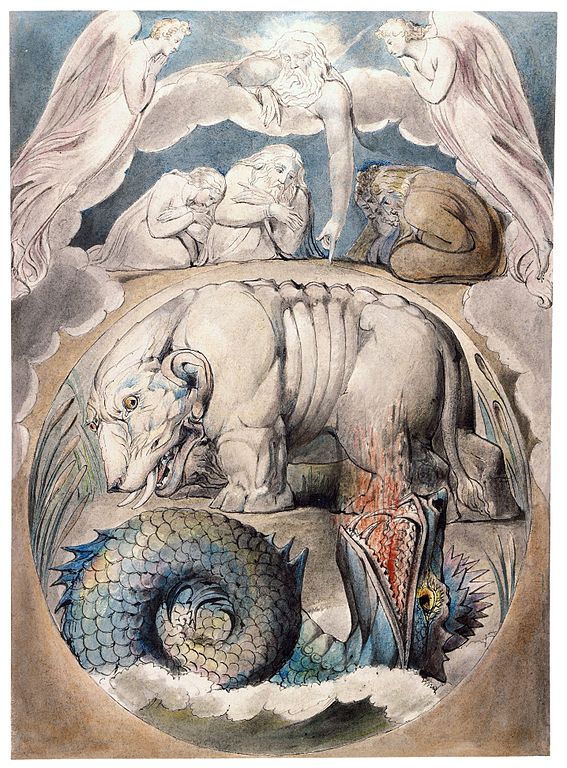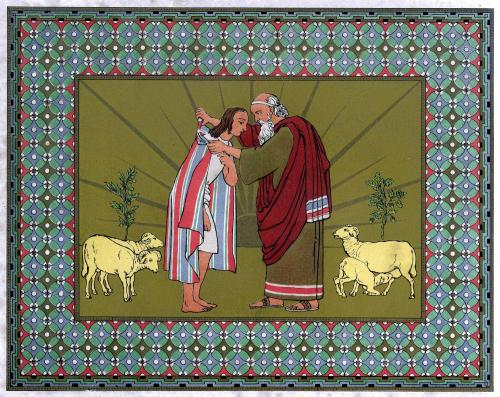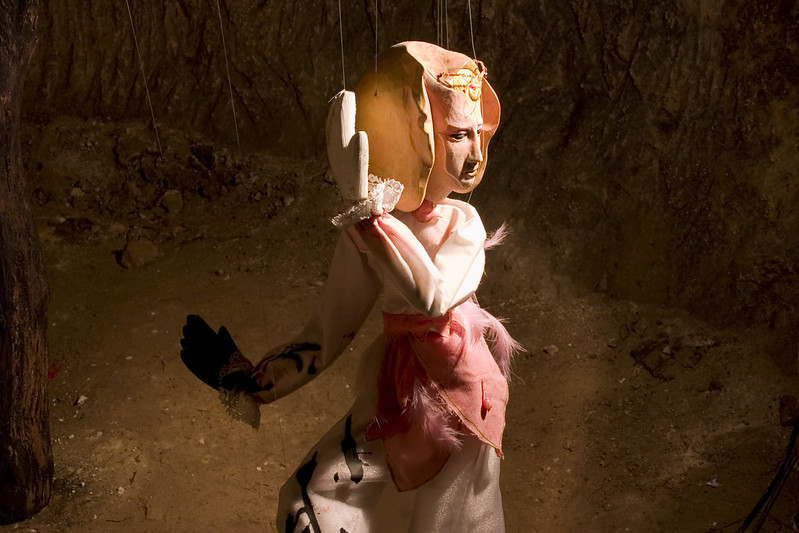- 4-minute read
- 22nd December 2019
7 English Words that Come from Hebrew
To mark the start of Hanukkah, we’re taking a look at how Hebrew has influenced the English language. There are, of course, many words associated with Judaism and Jewishness in English, including Hanukkah itself. But there are also some you may not know come from Hebrew!
For instance, how many of these terms have you used in your writing?
1. Behemoth (Possibly a Hippo?)

In English, we use the word ‘behemoth’ for anything large and powerful. But the original Behemoth was a huge Biblical beast, derived from the Hebrew b’hemoth. Some suggest this term itself comes from the Egyptian pehemau (i.e. water ox), an old name for a hippopotamus.
We see a similar journey with the word ‘leviathan’ (or livyathan in Hebrew). This term began as a Biblical sea monster. In modern English, though, we can use it to describe anything that is large or powerful.
2. Cider (Strong Drink)
Cider may not seem the most Biblical drink, but the word can be traced to the Hebrew term shekhar. This was originally used for any strong alcohol, but eventually found its way into Old French as cisdre via the Latin sicera, by which point it referred to alcoholic pear or apple juice.
It was then a short jump via the Middle English cidre to the modern ‘cider’.
3. Jacket (Jacob’s Coat)
The word ‘jacket’ comes from the Middle French jaquet, a short coat with sleeves. But we can trace this term to the name Jacque, which itself is a shortened version of the Hebrew name Jacob.
The fact the Biblical Jacob is well known for his coat is a pure coincidence.
Find this useful?
Subscribe to our newsletter and get writing tips from our editors straight to your inbox.

4. Jubilee (A Celebratory Ram’s Horn)
In Judaism, the original Jubilee was a year of emancipation and land restoration for slaves, which was then to be celebrated every 50 years. The name for this came from the Hebrew word for a ram’s horn (yobhel), which was sounded on Yom Kippur to mark the start of a Jubilee year.
And while this tradition is no longer observed in Judaism, we can now use ‘jubilee’ for any celebration or major anniversary.
5. Marionette (A Rebellious Puppet?)
A marionette is a puppet worked by strings. But the word ‘marionette’ is French, literally meaning ‘little Mary’, since the Virgin Mary was a popular character in puppet shows during the Middle Ages.
The name ‘Mary’, though, comes from the Hebrew Miryam, the name of Moses’ sister and a word said to literally mean ‘rebellious’. It feels slightly ironic, then, that marionettes have become a common metaphor for being manipulated, especially in phrases like ‘pulling the strings’!

(Photo: Dominic Alves/Flickr)
6. Schmooze (Gossip or Chat)
While many of the words above reached English via French, ‘schmooze’ comes to us via Yiddish, a mix of Biblical Hebrew, Aramaic, German and Polish historically spoken by Ashkenazi Jews. Thus we get ‘schmooze’ (talk intimately and informally) from the Yiddish shmues (idle talk or chat), which itself comes from the older Hebrew term shemu’oth (news or rumours).
7. Tush (Backside)
‘Tush’ has a couple of meanings in English, but we’re interested in buttocks. That’s because ‘tush’ is a shortened version of tochus, which itself comes from the Hebrew tahat, meaning ‘beneath’. See? It was relevant to this post and we didn’t just get distracted by thinking about bottoms.
On that note, we’ll bid you all a chag sameach! And if you have a favourite English word with roots in Hebrew, let us know in the comments below!